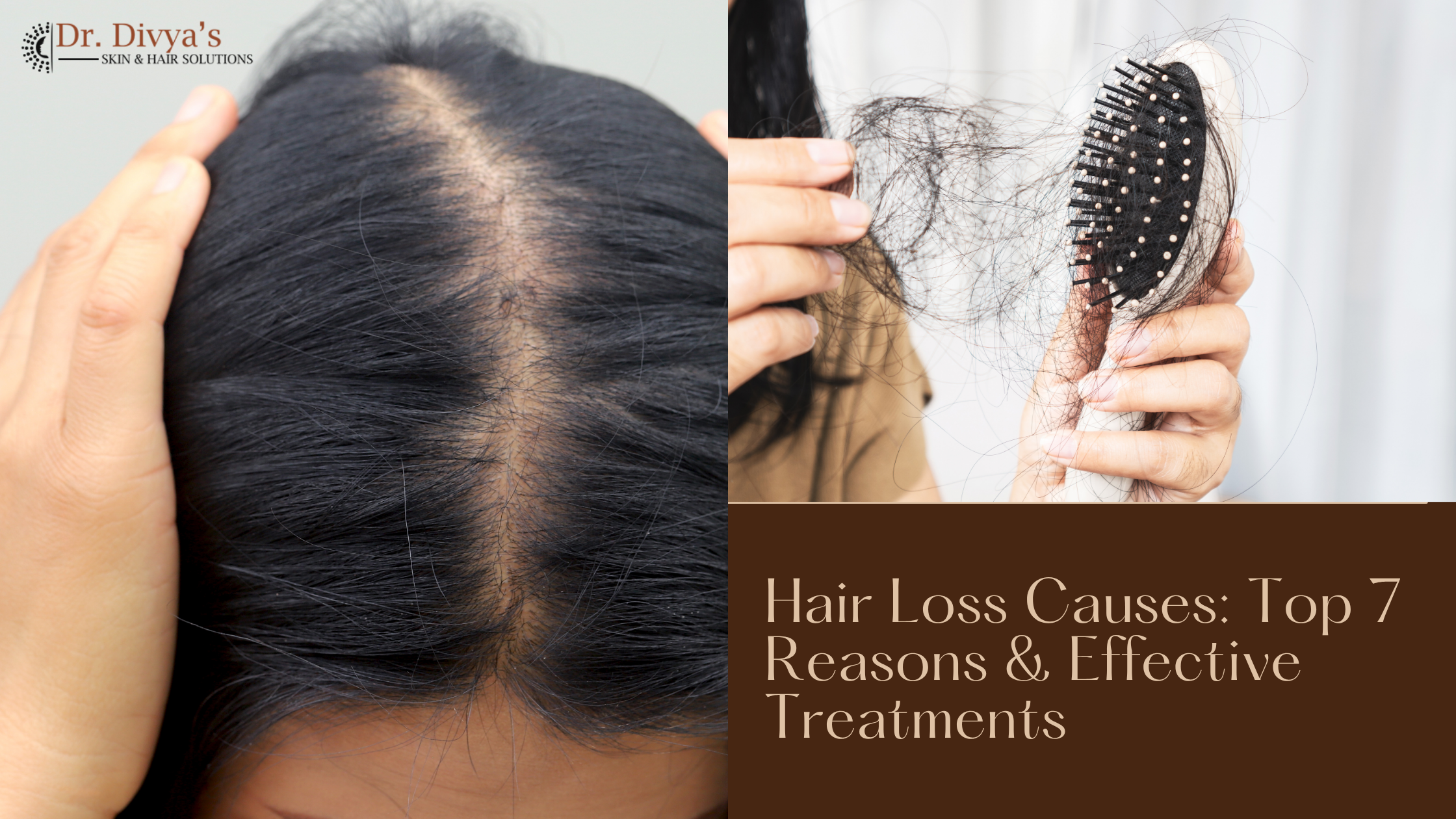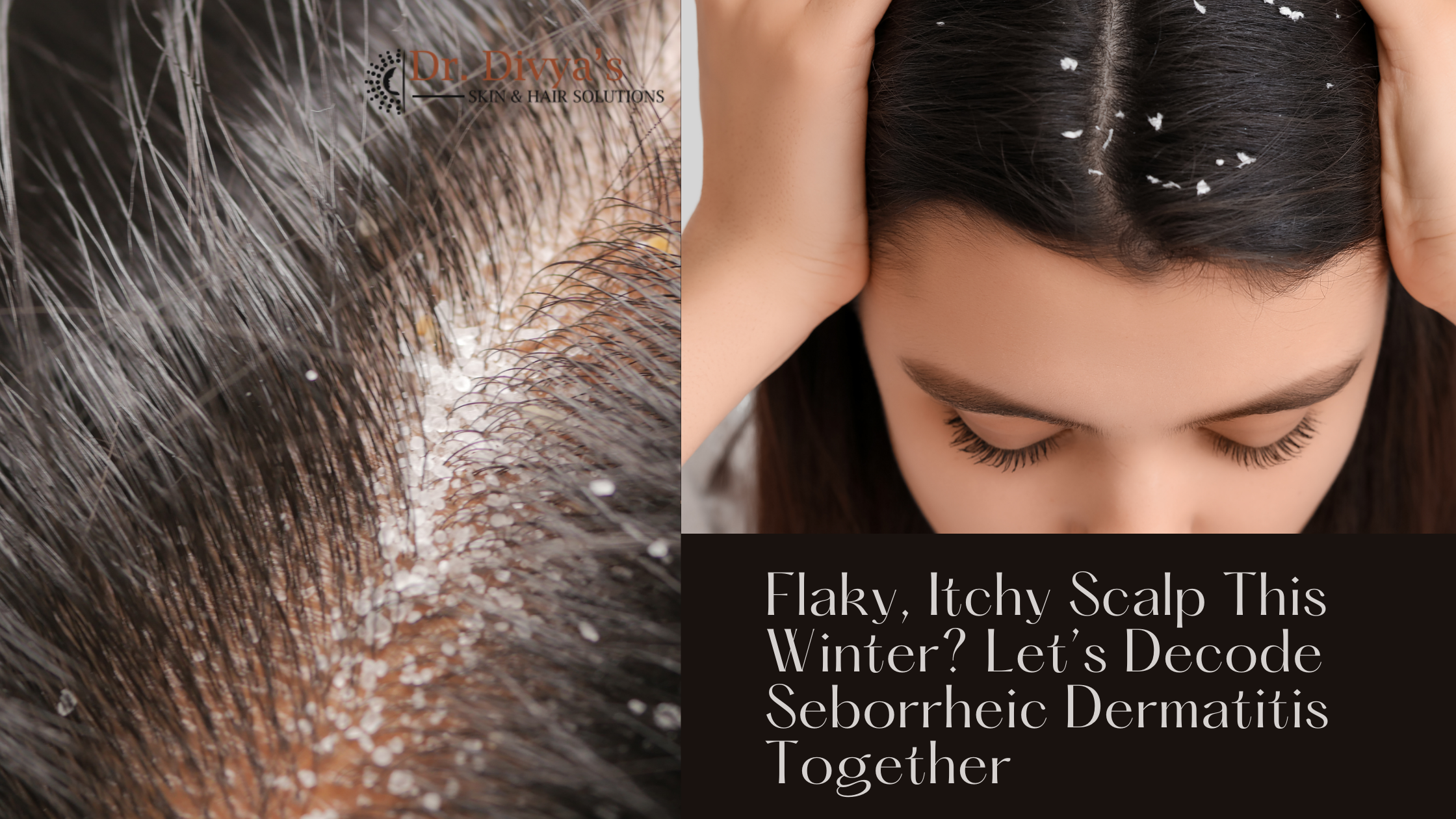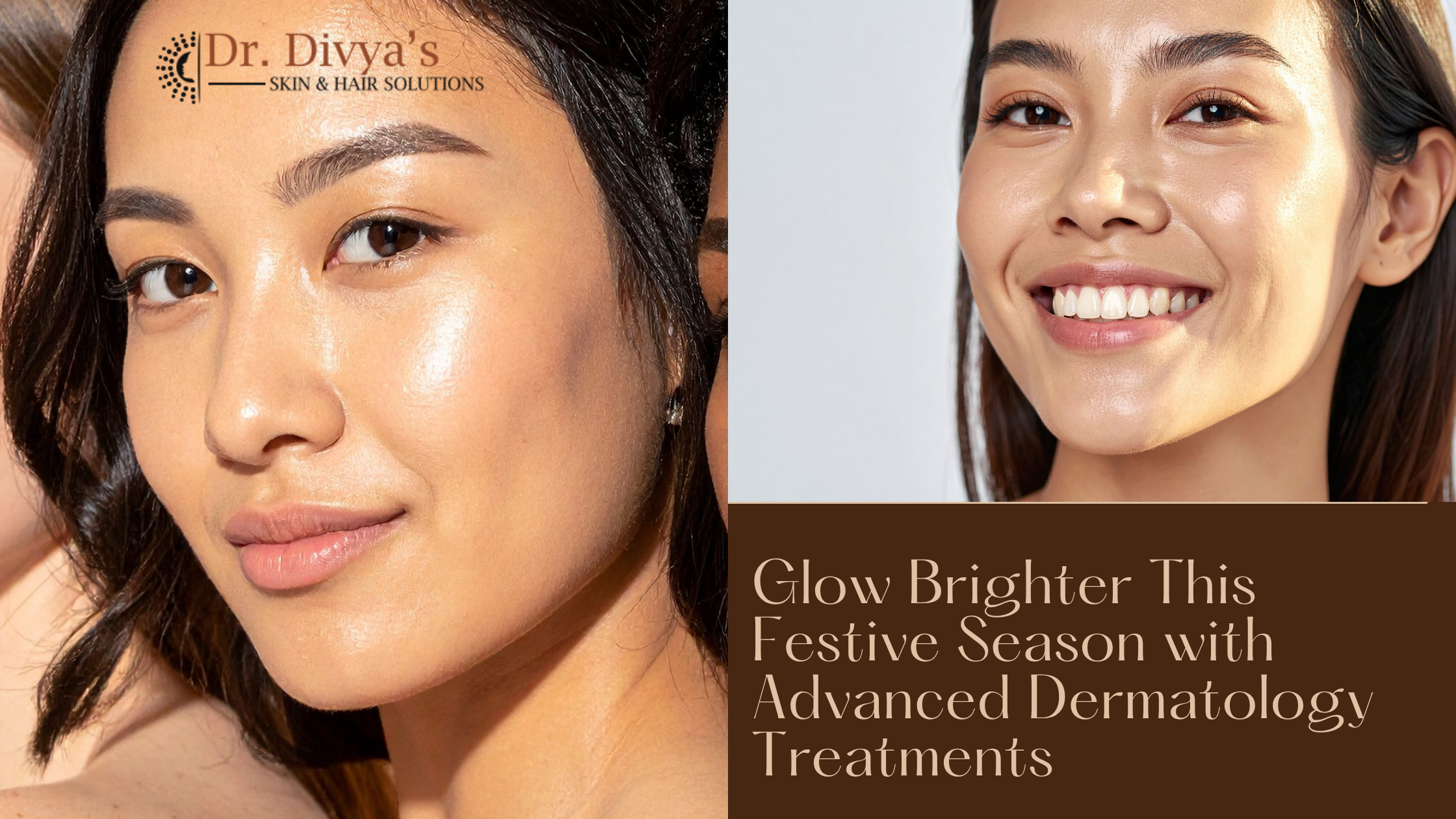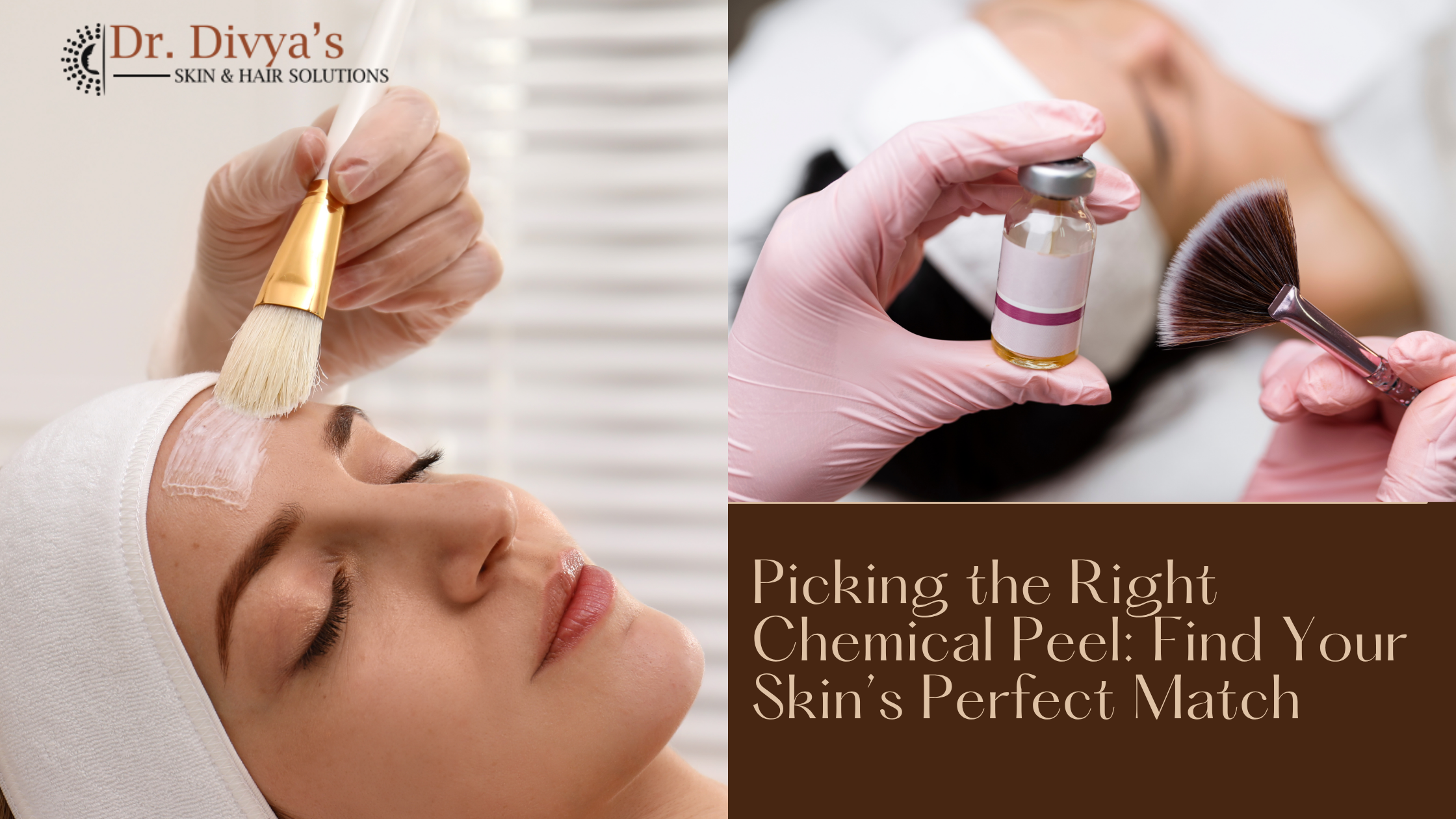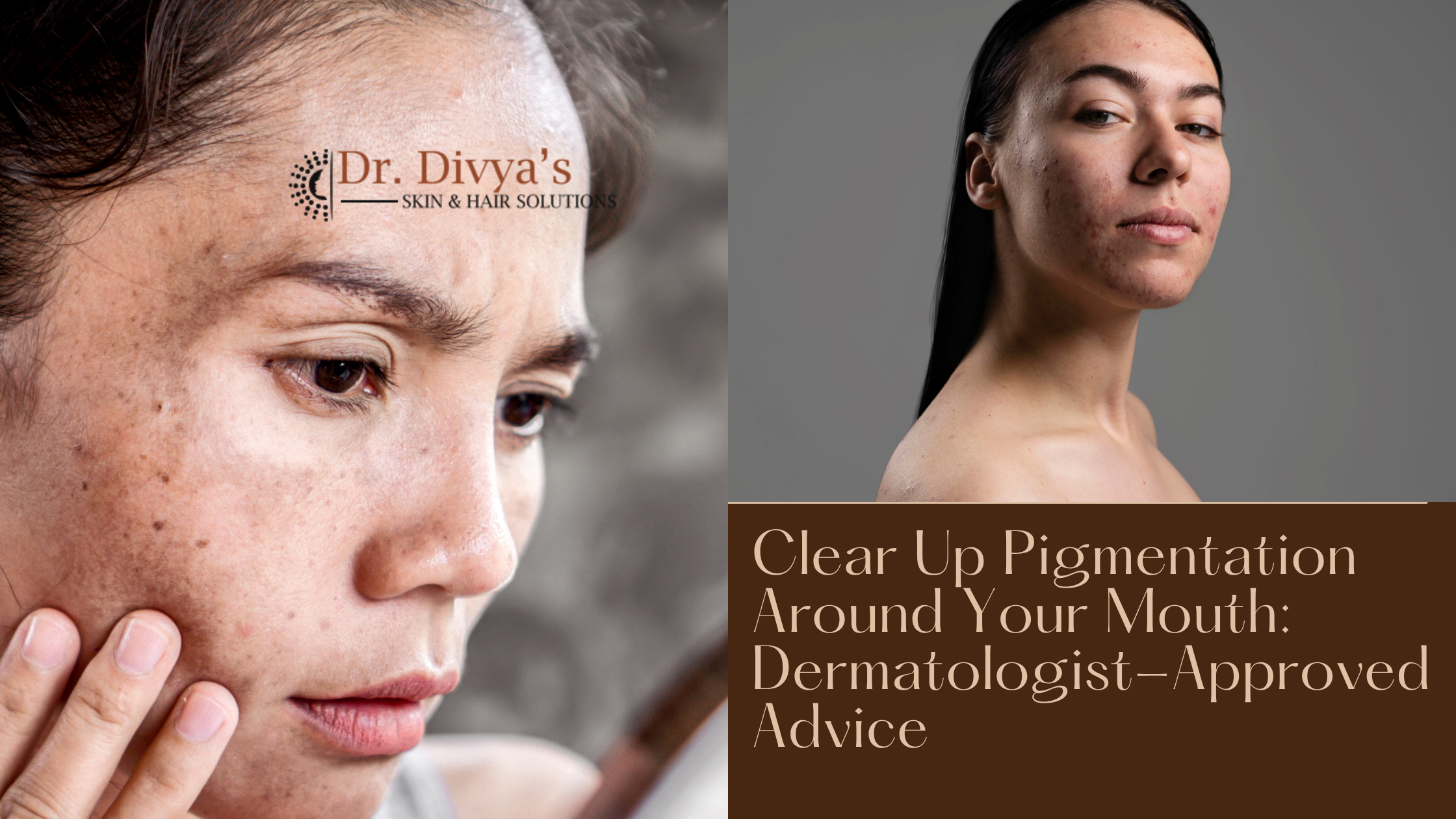Posted date on Oct 01, 2025
Hair loss can feel frustrating and even affect your confidence, but you’re not alone. Almost everyone experiences some form of hair thinning or shedding during their lifetime. The key lies in identifying the root cause and starting the right treatment at the right time.
In this blog, we’ll explore the top 7 causes of hair loss and the most effective treatment options available today.
1. Genetic Factors (Androgenetic Alopecia)
One of the most common reasons for hair loss is heredity, also known as male or female pattern baldness. This type of hair loss usually follows a predictable pattern of thinning on the crown and receding hairline.
2. Hormonal Imbalances
Conditions such as thyroid disorders, PCOS (Polycystic Ovary Syndrome), and changes during pregnancy or menopause can trigger hair shedding. Proper hormonal evaluation is essential to treat the issue from within.
3. Stress and Lifestyle Factors
High stress levels, lack of sleep, and a poor lifestyle can contribute to hair thinning. Stress-induced hair loss, also known as telogen effluvium, is usually temporary but can become chronic if left untreated.
4. Nutritional Deficiencies
Your hair needs essential nutrients like iron, zinc, vitamin D, and protein to grow healthy and strong. Deficiencies in these can cause hair to become dull, brittle, and prone to shedding.
5. Medical Conditions & Medications
Certain chronic illnesses and medications, such as chemotherapy, arthritis treatments, or blood pressure drugs, can lead to hair loss. Addressing the underlying medical condition often helps restore hair growth.
6. Scalp Infections & Conditions
Dandruff, fungal infections, or scalp psoriasis may interfere with hair follicle health, leading to increased hair fall. Keeping the scalp clean and treated is key to preventing hair thinning from such conditions.
7. Overstyling & Chemical Treatments
Frequent use of heat styling tools, hair dyes, and chemical treatments like straightening or perming can weaken the hair shaft and cause breakage. Moderation and proper after-care are necessary to protect your strands.
Effective Treatments for Hair Loss
- Medications and Topicals: Dermatologists may prescribe minoxidil, finasteride, or other FDA-approved options.
- PRP (Platelet-Rich Plasma) Therapy: Uses your body’s growth factors to stimulate hair follicles naturally.
- Mesotherapy: A nutrient-rich solution injected into the scalp to boost hair regrowth.
- Laser Therapy: Low-level laser devices can promote stronger hair growth.
- Hair Transplant: For advanced stages of hair loss, follicle transplantation provides long-lasting results.
- Lifestyle Changes: Stress management, a balanced diet, and a healthy routine can significantly reduce hair fall.
- Customized Dermatologist Plans: The most effective treatment is always personalized based on your unique condition.
Conclusion
Hair loss can result from multiple factors, from genetics to lifestyle, but the good news is—most types are treatable. With early intervention and the right dermatological care, you can prevent excessive hair fall and restore healthy growth.
Don’t wait to take control of your hair health. Book your consultation with Dr. Divya Sharma today at Dr. Divya’s Skin & Hair Solutions in Whitefield, Bangalore. Contact: +91 96206 38388 Email: info@drdivyasharma.com
FAQs
Q1. How much hair fall per day is normal?
Losing 50–100 strands daily is considered normal. Anything more may need medical attention.
Q2. Can stress really cause permanent hair loss?
Stress-related hair fall is usually temporary. However, chronic stress can worsen underlying hair loss conditions.
Q3. Is PRP therapy safe for hair growth?
Yes, PRP is a safe and minimally invasive treatment when performed by a qualified dermatologist.
Q4. When should I see a dermatologist for hair loss?
If your hair fall is sudden, severe, or causing bald patches, consult a dermatologist immediately.
